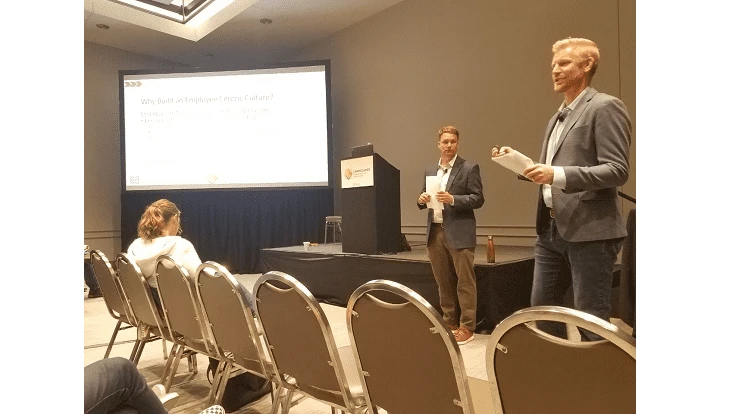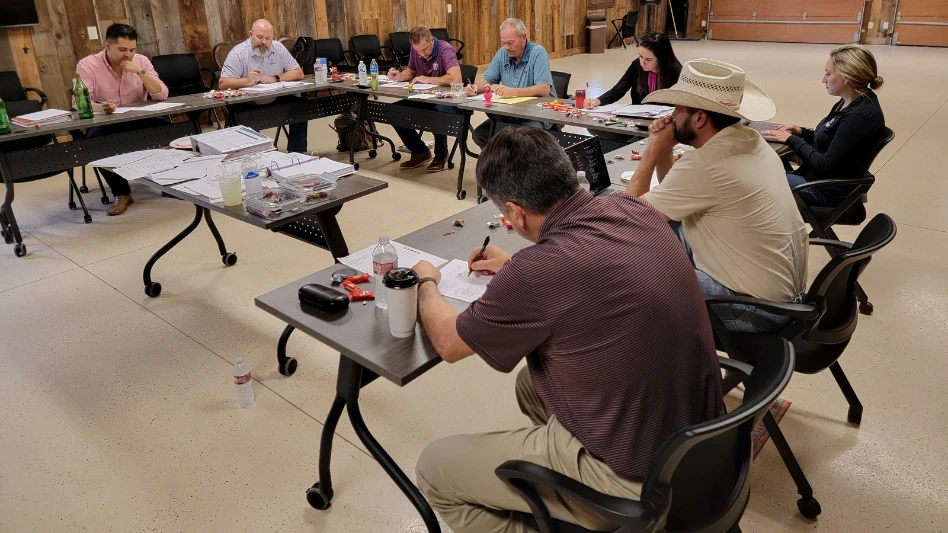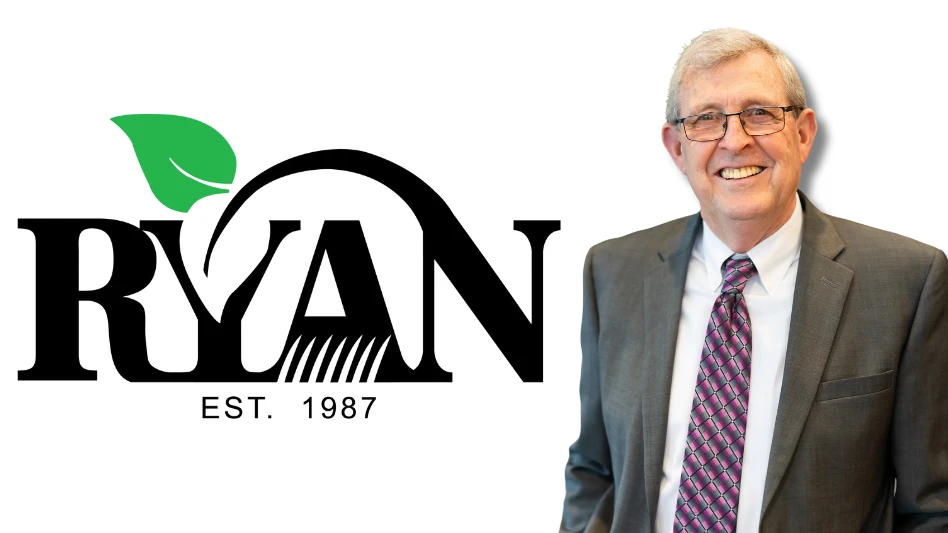
Paul Fraynd and Seth Kehne showed LANDSCAPES attendees one simple equation to building a better business: Employee satisfaction = happier clients = higher profits.
In their session, Fraynd (CEO, Sun Valley Landscaping) and Kehne (president, Lawn Butler) outlined why leadership comes down to making employees come first, even over clients.
DO IT WITH PURPOSE. Kehne said his employees used to get called in to blow out a client’s leaves from her backyard in the dead of the winter. He said they used to ask why – what was the point of spending 80 billable hours all winter taking leaves off a property?
Kehne said his employees felt the task didn’t make any sense, and it felt pointless. From his perspective, it was a good chunk of extra revenue in a time where they didn’t have much else going on. But the lesson learned was that employees wanted to know the purpose.
Show employees why the job is important to the clients. That woman who hired the company to remove the leaves had someone throw a cigarette on those leaves once, and a fire nearly caused significant damage.
The “why” doesn’t have to be as drastic – maybe a client just wants to have his daughter’s birthday party look nice on the back lawn – but the purpose remains important nonetheless.
“It’s taken me 20-some years to realize it: It’s really important for our team to know why we do what we do,” Kehne said. “I didn’t realize it at the time, but the ‘why’ is important.”
SHOW SOME GRACE. Fraynd says he occasionally hears it from employees: They take one look at a new employee and predetermine that they’re not going to last.
Fraynd admits it’s easy to feel jaded. Sometimes, employees just no-call, no-show. Other times, the work that gets done lacks quality. But he also reminds himself that often times, people walking in to entry-level jobs might not be at their best stage of their lives. Show them some grace and help them develop, and see what type of person they become.
“You’re not catching them at their best most likely. You’re probably catching them honestly at one of the toughest part of your life,” Fraynd said. “That’s just part of the genuine care of the humans that come into our office.”
TAKING OWNERSHIP. Fraynd says it takes a long time to master how to delegate effectively. Lots of times, he’d hand out job descriptions with tons of bullet points and told employees to figure it out. Others, he found himself managing employees closely.
One way to mitigate any work issues is to just ask employees what’s going on and if they’re doing okay, especially if you notice a dip in work quality.
Kehne added that teaching ownership of work quality is important. Asking employees questions like “what could you have done better?” often leads to good dialogue between the employer and employees. Holding employees accountable is important, but if they can hold themselves accountable, things get so much easier on the leadership team.
“I want you to own things,” he said. “You don’t have to be perfect by any means…but if you can’t own things, you’re not going to be great with us.”
Latest from Lawn & Landscape
- LMN partners with Attentive.ai
- Get to know the generations working for you
- Addressing addiction in landscaping
- Fairway expands national footprint with 6 acquisitions
- Graze Robotics opens new headquarters in Plano, Texas
- Addiction in the green industry
- Kress earns Sourcewell approval
- The best laid plans





